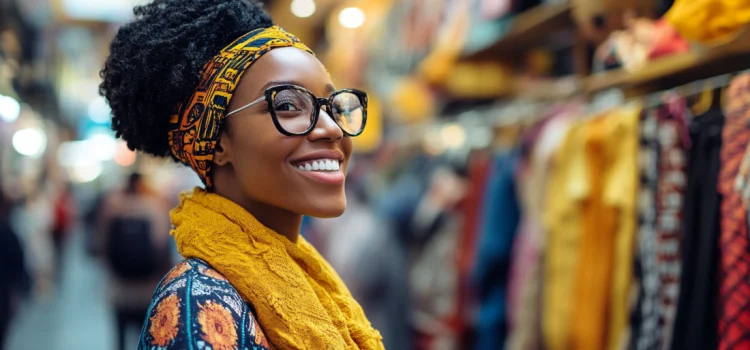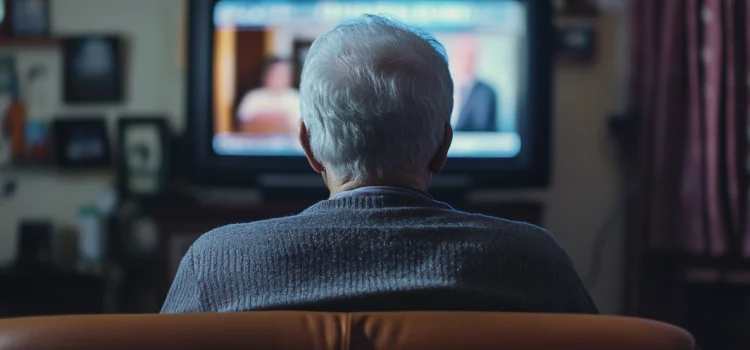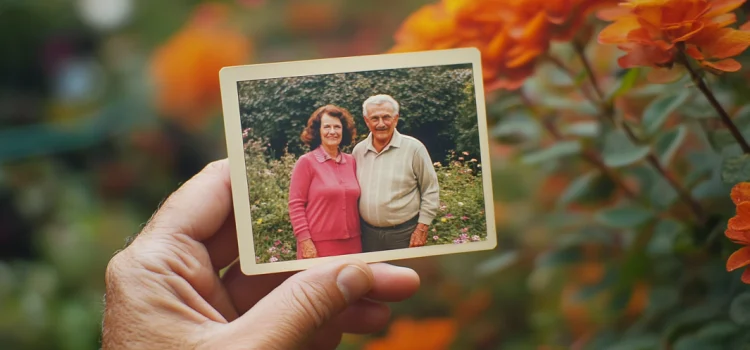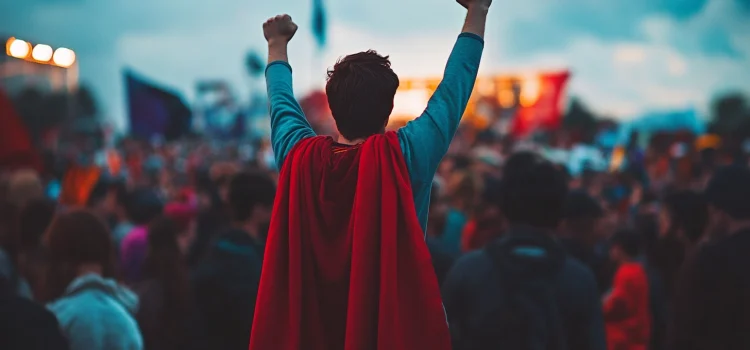What invisible forces shape the buildings we see around us every day? How do architects balance creative expression with practical constraints? 101 Things I Learned in Architecture School navigates the multifaceted nature of architectural design and its impact on society. Influences in architecture range from cultural values and social norms to regulatory requirements and urban planning principles. Keep reading to learn how buildings tell stories, shape communities, and reflect the spirit of their time.
How Influences in Architecture Shape Our Society & Environment










